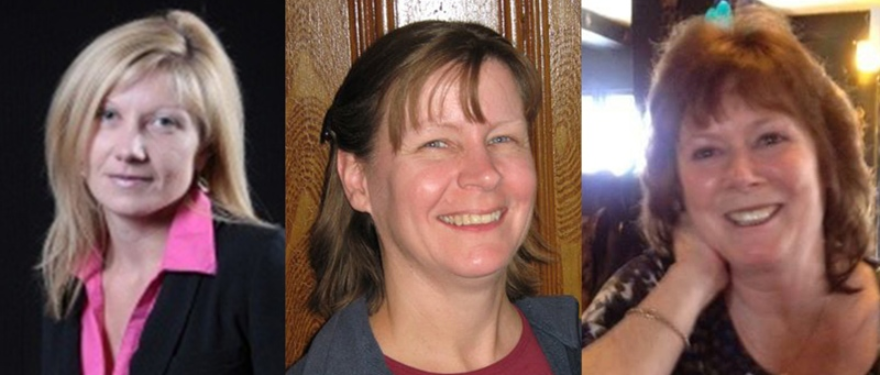
4 Lessons Learned from a Rural Inquest

In 2015, three women — Carol Culleton, Nathalie Warmerdam and Anastasia Kuzyk — were murdered in the rural Renfrew County area. Their killer, Basil Borutski, had been involved in an intimate partner relationship with each of the victims. These murders did not come without warning; they were a culmination of abusive behaviour Borutski perpetrated in prior years.
A coroner’s inquest into the murders of Culleton, Warmerdam and Kuzyk wrapped up in June 2022 and the jury produced 86 recommendations to prevent future intimate partner violence and femicides.
Neighbours, Friends and Families published an 8-part blog series about major takeaways from those recommendations. But we can’t stop there. We have to keep raising the alarm about intimate partner violence.
Recently, I attended a panel discussion on lessons learned from the inquest, featuring advocates and experts who played an important role in the court proceedings. I wanted to join this online event not only to learn more about the inquest but also to understand what I can do to keep pushing for change at different levels, such as community, provincial, and national level . After reading and hearing different perspectives about the jury recommendations, I've learned several things. It’s impossible to cover them all without turning this blog into a thesis, so I’ll share some highlights with you:
- More front-line workers, service providers and advocates must be involved in policy development and the process of implementation. In line with this, the panellists discussed creating an implementation committee comprising community experts and senior members of relevant ministries central to intimate partner violence (IPV). Bringing this mix of folks to the decision-making table would ensure that careful thought is given to each of the jury recommendations before a decision is made about its implementation. Policymakers who are at times far removed from the on-the-ground situation could learn from the community experts and front-line service providers about current needs.
- We need education and training resources about IPV. We especially need to teach people how they can safely intervene when they recognize abusive relationships. It’s important for victim/survivors of IPV to have support from the system and their communities. We need to do better — and we can do better! We can start off by understanding the risk factors of abuse and then learn how to be supportive. To start you off, here's information about warning signs and how you can help.
- The panelists also explained that several of the jury recommendations can happen with community support. While it’s important to hold those in power accountable, this work also includes us, and we can start acting on several of the recommendations as community members. For example, think about how some of the recommendations can fit with the local community or municipal plans and begin advocating for those changes to happen.
- As panelist and lawyer Pamela Cross said, some recommendations don’t require money. The first jury recommendation is to declare IPV as an epidemic – this would not cost money but would send a clear message about how IPV is a prevalent social and public health issue. This would also validate the experiences of thousands of victim/survivors of IPV. In fact, you can start advocating for this change with your local MPPs.
Folks experience violence every day. The experiences of gender-based violence in rural, remote and northern communities are disproportionally high. We lose too many souls to this social and public health emergency. And while those in legislative power need to be held accountable to create laws that protect individuals and families, we can keep working at the grassroots level.
A call to action from the panel that really stuck with me was how we can start by taking one of the jury recommendations and think about who can help implement it. We can — and need to! — push for the support, laws and education that will help make our communities safer for everyone.
